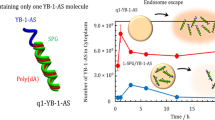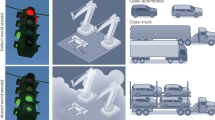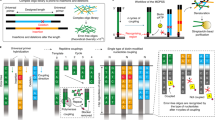Abstract
Accurate representation of complex domains such as biology demands powerful and expressive ontology languages such as OWL. However, the complex nested class expressions required for modeling can be a hindrance to ontology authoring and adoption. These class expressions can appear opaque to ___domain experts, and even users proficient in OWL can benefit from some kind of syntactic sugar or "short-cut"strategy, especially when authoring large ontologies.One solution is to have ___domain experts fill in simple templates (for example, in Excel) and translate the results into more complex axioms,but this has the disadvantage of being disconnected from full ontology authoring and reasoning environment.We present here a method of specifying shortcut properties directly in OWL. These shortcut properties can be used in similar ways as object properties within the OWL environment, with the resulting simple axioms translated automatically to more complex axioms via macro expansion. We describe some example scenarios where this is of use in authoring existing bio-ontologies.One of the main implications of this work is a way to simplify the translation between OBO format and OWL, and the use of RDF triple-stores with complex OWL ontologies.
Similar content being viewed by others
Article PDF
Author information
Authors and Affiliations
Corresponding author
Rights and permissions
About this article
Cite this article
Mungall, C., Ruttenberg, A. & Osumi-Sutherland, D. Taking shortcuts with OWL using safe macros. Nat Prec (2010). https://doi.org/10.1038/npre.2010.5292.1
Received:
Accepted:
Published:
DOI: https://doi.org/10.1038/npre.2010.5292.1
Keywords
This article is cited by
-
ROBOT: A Tool for Automating Ontology Workflows
BMC Bioinformatics (2019)



